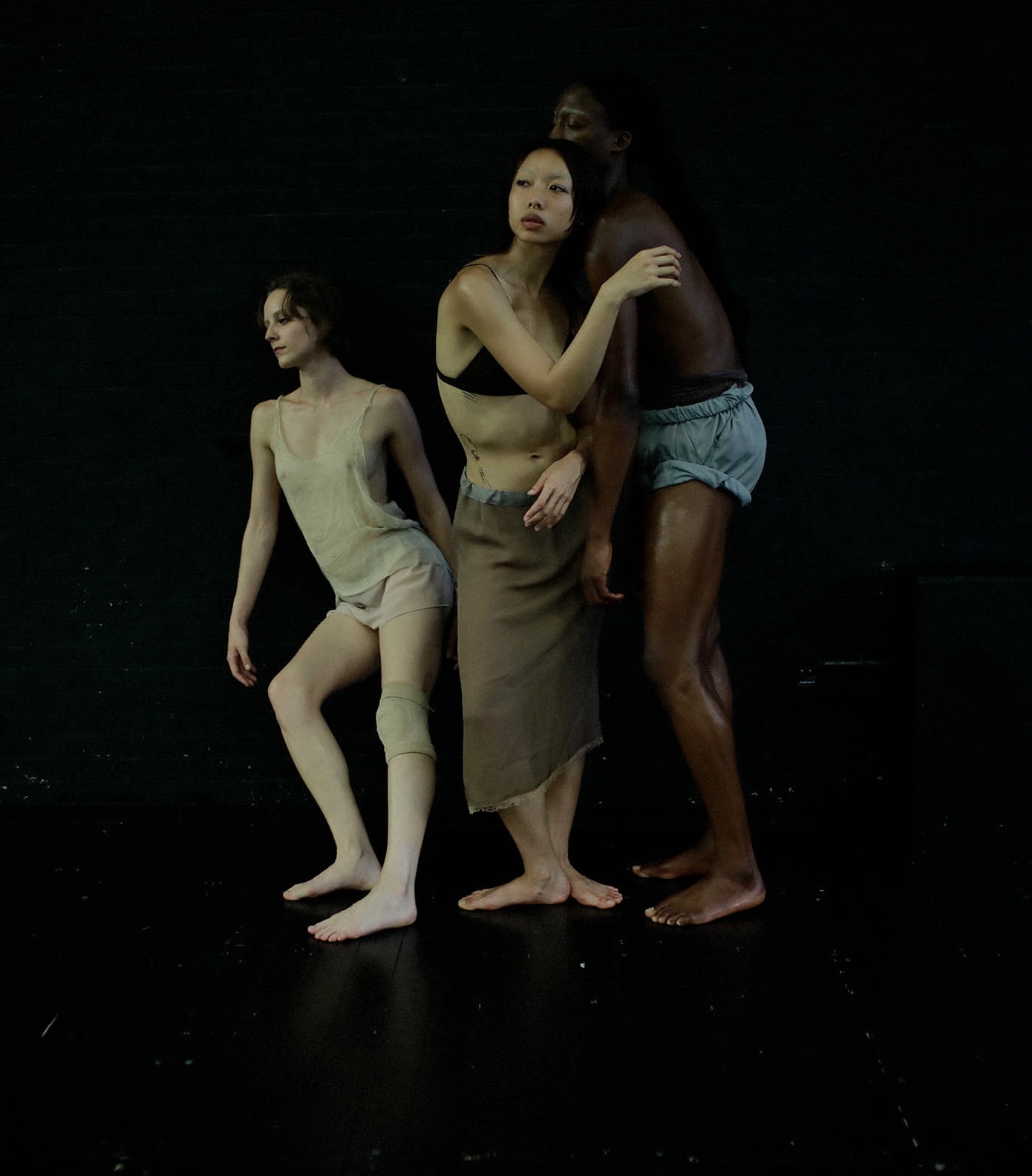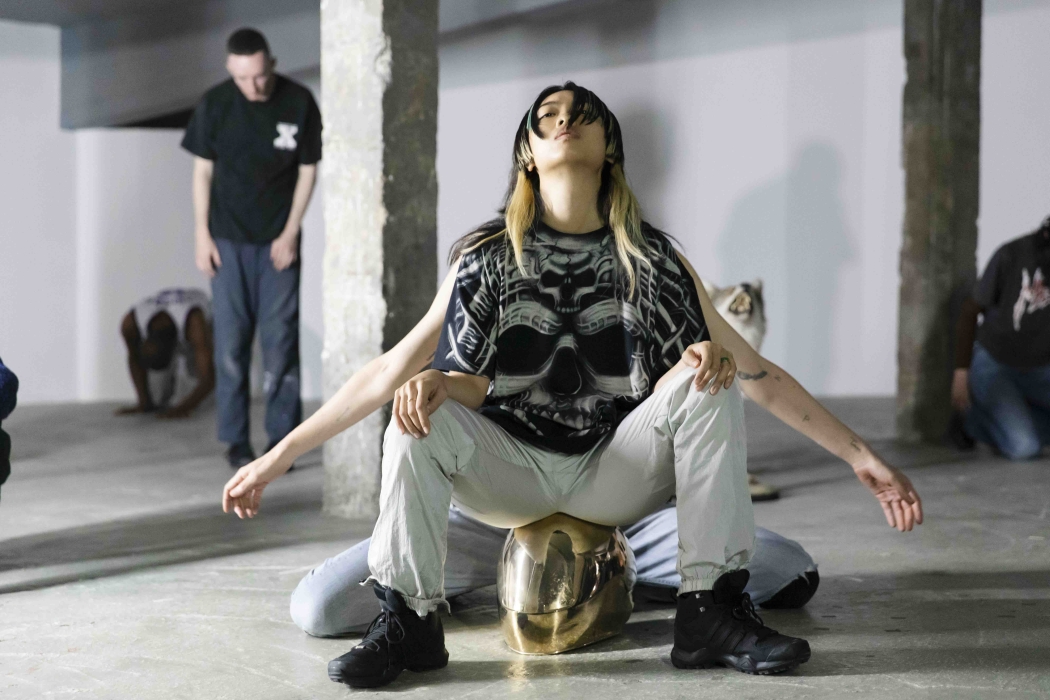SWAN
2024by Mar Aguilo
trailer link
Performer
In Swans, all the dancers grow up in the studio. They all make the transition from children in a fantasy world to adults in a real world, embodying ballet.
You only become a professional dancer if you profess a sublime love for this art and for what it demands of you, a love that demands, like every romantic fantasy, the impossible. It is perhaps in the second act of the great Romantic ballets that this tragedy is most intensely encapsulated: darkness and its beauty, the swan princesses, the sylphs, the willies, death, eternal innocence.
One of the conflicts evident in the trajectories of the artists involved in this creation, and which also spills over into the white act, is the sacrifice of innocence or its eternalization at the cost of life. From the context of fantasy and darkness offered by the second act of classical ballet, and with a certain idea of a second part in the lives of these performers, this creation seeks to become an exploration of the altered identity of each of them, imprinting upon a documentary and autobiographical narrative a poetic, and necessarily never conclusive, exploration of the place where classical dance resides within them.
Performed in Teatros Del Canal Madrid and Teatre Xesc Forteza Palma
Supported by Goethe Institute Madrid, Palma Cultura, and Centro Coreográfico Canal
You only become a professional dancer if you profess a sublime love for this art and for what it demands of you, a love that demands, like every romantic fantasy, the impossible. It is perhaps in the second act of the great Romantic ballets that this tragedy is most intensely encapsulated: darkness and its beauty, the swan princesses, the sylphs, the willies, death, eternal innocence.
One of the conflicts evident in the trajectories of the artists involved in this creation, and which also spills over into the white act, is the sacrifice of innocence or its eternalization at the cost of life. From the context of fantasy and darkness offered by the second act of classical ballet, and with a certain idea of a second part in the lives of these performers, this creation seeks to become an exploration of the altered identity of each of them, imprinting upon a documentary and autobiographical narrative a poetic, and necessarily never conclusive, exploration of the place where classical dance resides within them.
Performed in Teatros Del Canal Madrid and Teatre Xesc Forteza Palma
Supported by Goethe Institute Madrid, Palma Cultura, and Centro Coreográfico Canal


